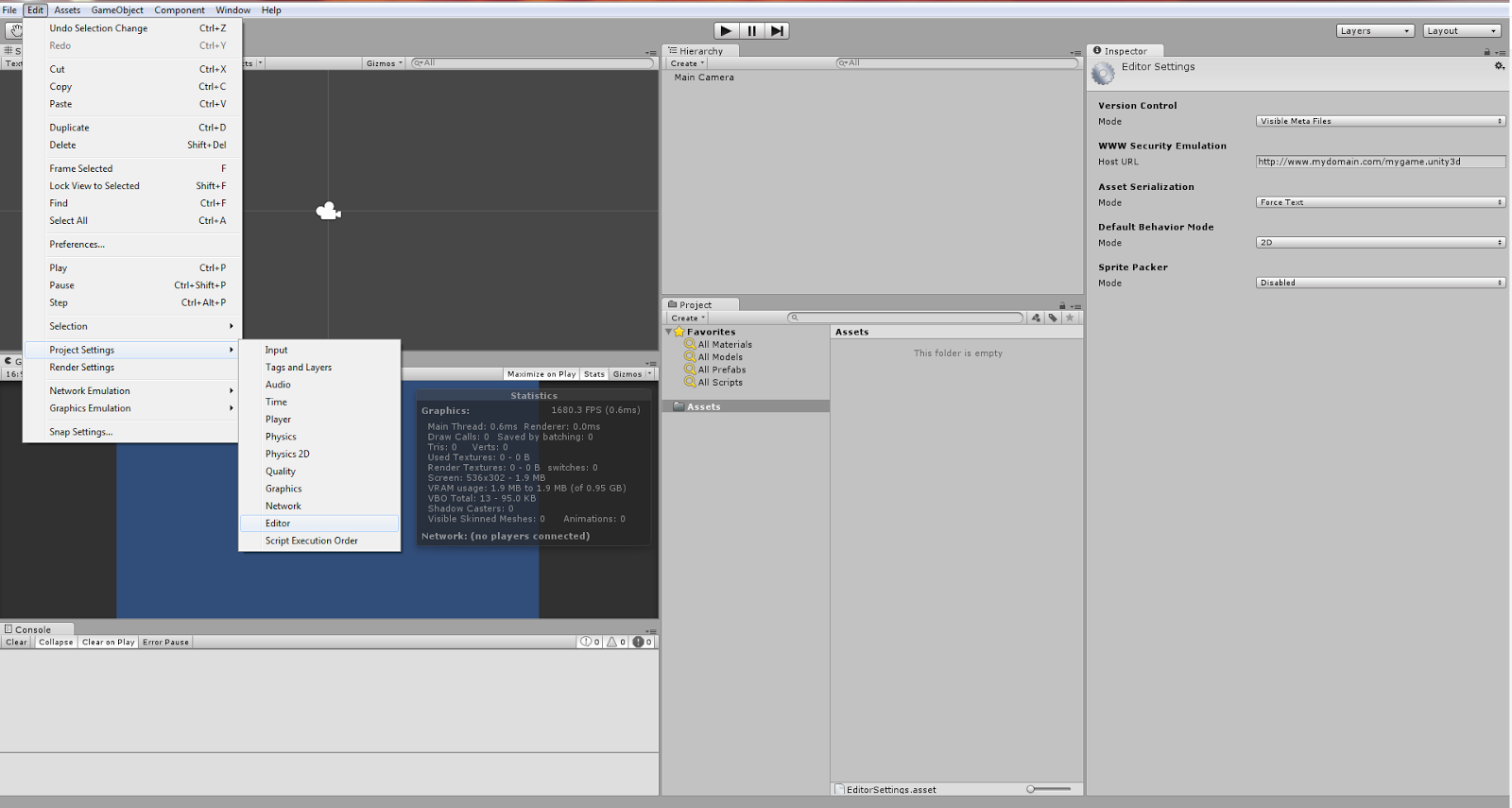Unity Version Control Asset Serialization
Background: Our team of about 10 hold Unity Pro licenses, but we do not have the Asset Server: we are using a repository for collaborative efforts. We are in the middle of a project that contains a large amount of graphics, scenes, animations, etc. Our project's 'Asset Serialization Mode' is currently set to 'Mixed' (found here: Edit-->Project Settings-->Carver cm 1040 amplifier. Editor), but even minuscule changes to a scene means that we must push binary files to our SVN repo. It fills up fast, and it's not clear who has modified what. I changed my local settings from 'Mixed' to 'Force Text', and sat back while Unity re-imported and converted the assets. The re-import of assets was prohibitively long (3-4 solid hours, with no 'cancel' button in sight).
Question: Are there definite pros to using the Force Text mode over Mixed? Problem: The fact that we're pushing binary files to the SVN repo means we make several GB worth of changes per week to our repository.
Mastering Unity Project Folder Structure - Version Control Systems. Checked with version: 4.3-Difficulty: Beginner. In this tutorial I’ll shine some light on Unity Project folder structure. Switch to Force Text in Editor → Project Settings → Editor → Asset Serialization Mode. Save scene and project from File menu. As of Unity 4.2: Navigate to Edit>Project Settings>Editor. Set Version Control Mode to “Meta Files” Set Asset Serialization Mode to “Force Text” This will set Unity to save all of its files in text format vs. Binary format. This is the second chapter in a series of articles covering Assets, Resources and resource management in Unity 5. This chapter covers the deep internals of Unity's serialization system and how Unity maintains robust references between different Objects, both in the Unity Editor and at runtime. How to use Git for Unity3D source control? Ask Question. Switch Asset Serialization Mode to Force Text. Save the scene and project from File menu. The main things to remember when using git for unity-3d source code version control: (A) DO NOT check-in the Library folder. I have made this mistake multiple times in past and have suffered.
Version Control Svn

Even a change to a camera's position could mean that we need to push the scene, the scene's prefab, and the possibly the camera's prefab for everyone to grab on the next update. Since Forced Text would allow us to only push the text file diffs to SVN, this would cut down on server load and bandwidth. But it would also mean that all 10 of us could be spending several hours (to a full day) of nothing but asset re-imports. Is it WORTH it to change horses mid-stream and convert to Forced Text? (As in, compelling enough to convince 'the boss' of the time requirement?) Is there any comprehensive wiki, FAQ, tutorial, or online resource we can reference that discusses: • Which files should be synced • Proper line ending for Force Text files (LF? CRLF?) • SVN property types for.meta files (not all appear as ASCII text: some appear as 'Bio-Rad.PIC Image File 26982 x 25964, 28486 images in file').
Version Control Free
Text Serialization is Pro only. Free just got the meta support but thats likely where it will end for Free on the Versioning until Pro ceases to exist in its current form. As for which files to sync: As previously the whole assets folder and since 3.5, nothing in the library folder anymore, everything thats versioning on the settings end etc is in an own folder. Line endings can be left alone, don't force anything Metas should be considered as binary, they are unmergable and I would suspect 'delta storage' can mess them up pretty easily too. But it should be detected correctly normally, never saw a problem, not even on git which at times has troubles with this and trashes the whole storage in consequence.



